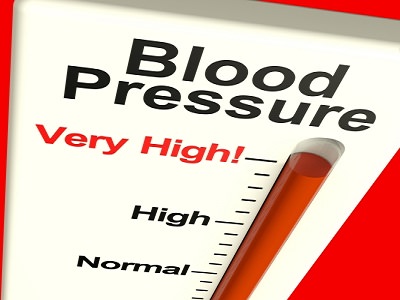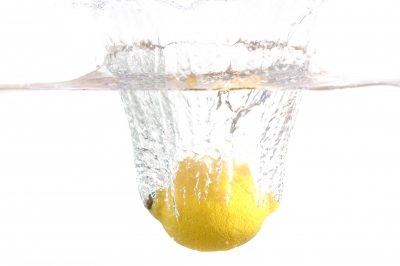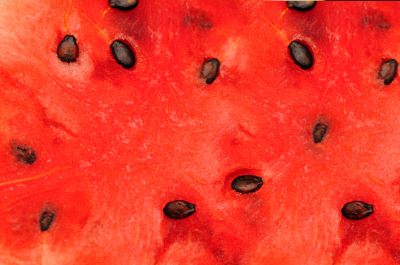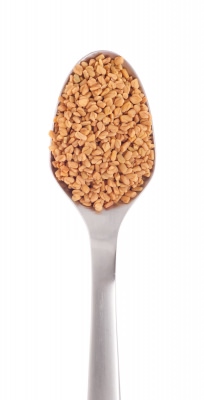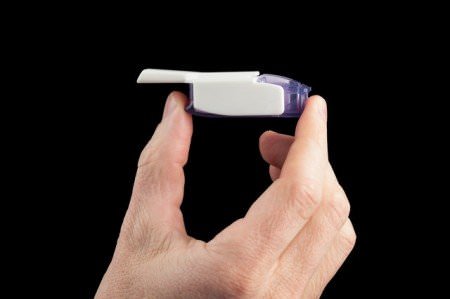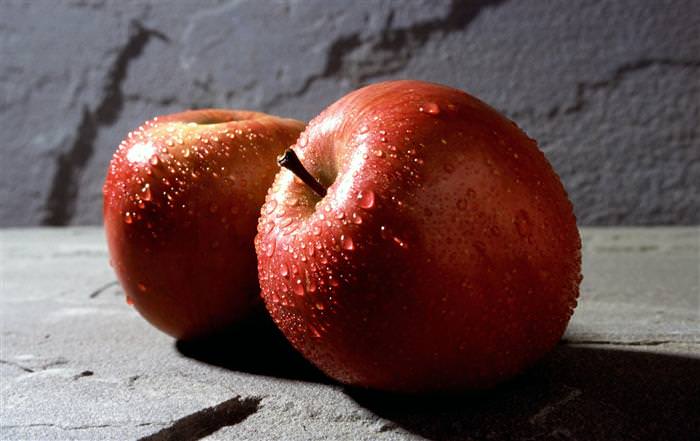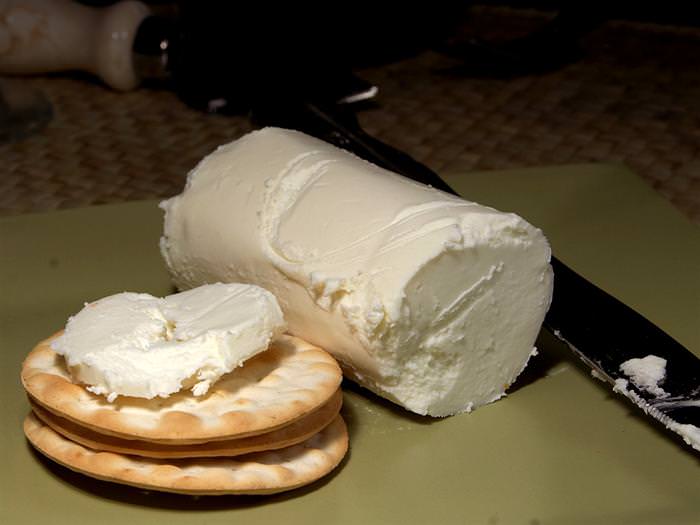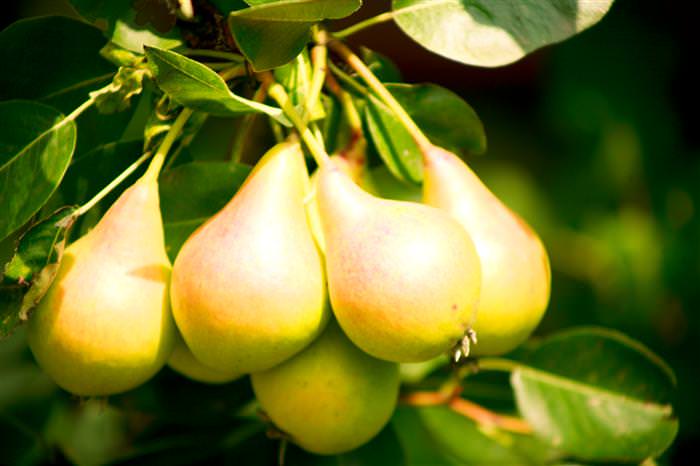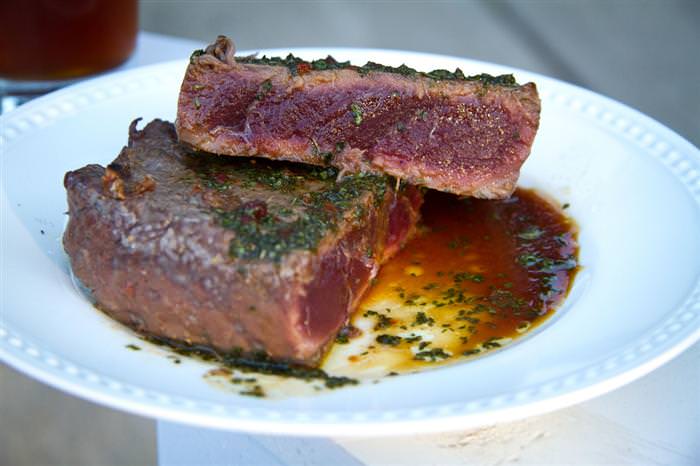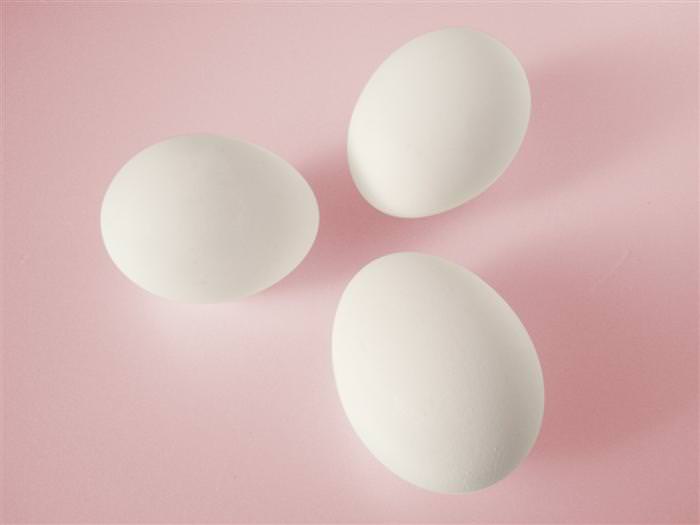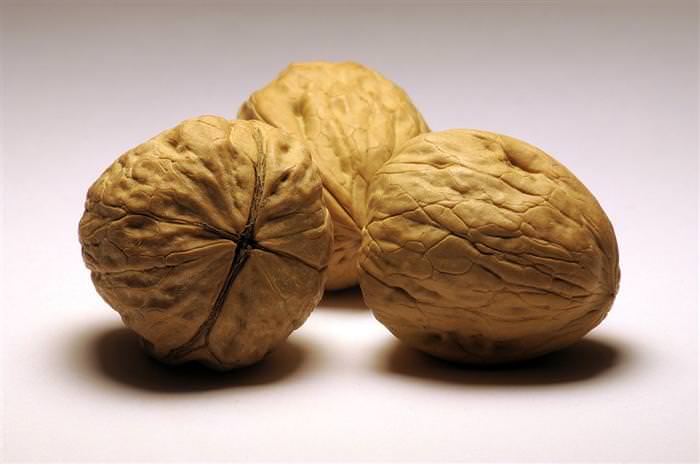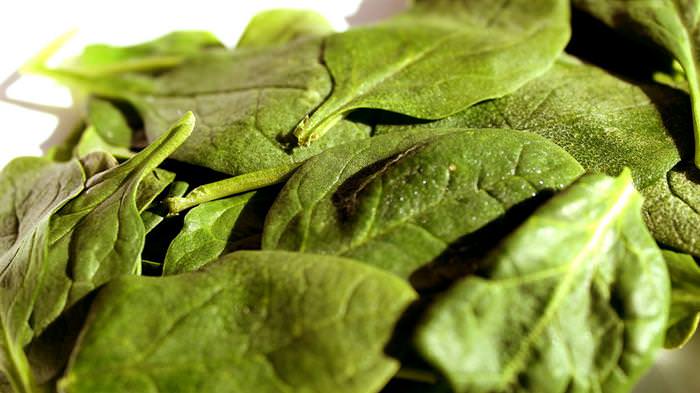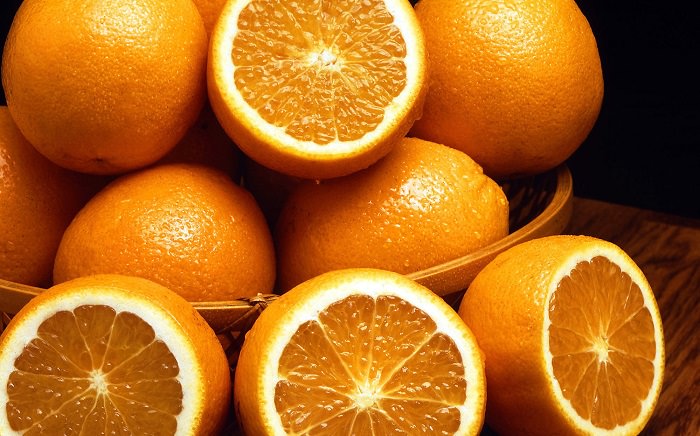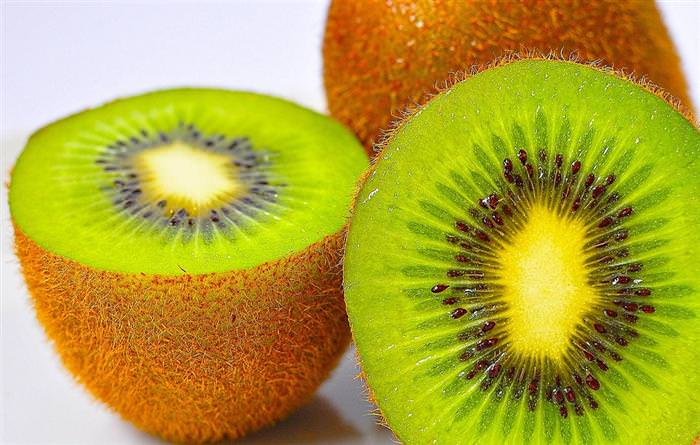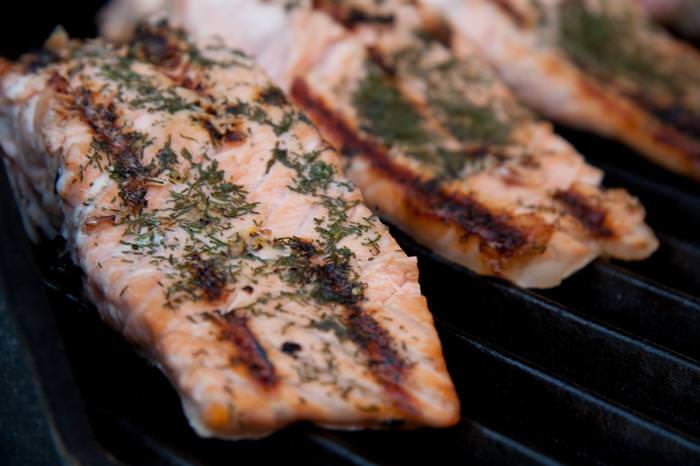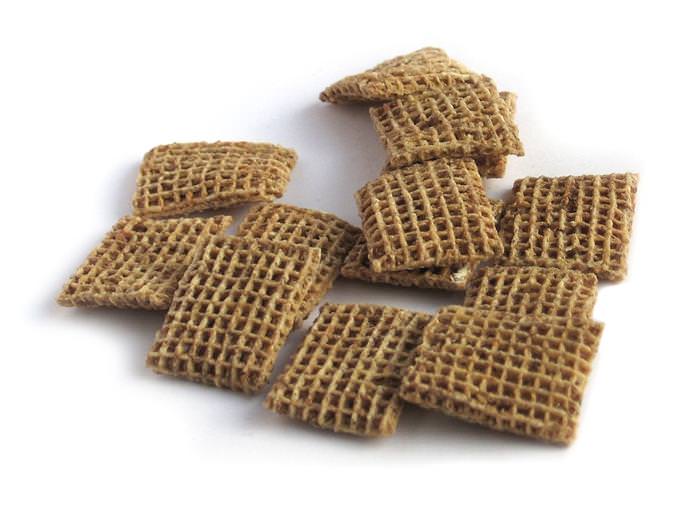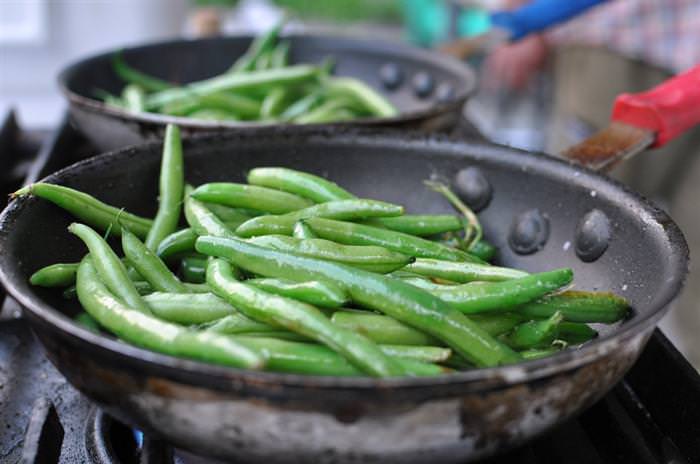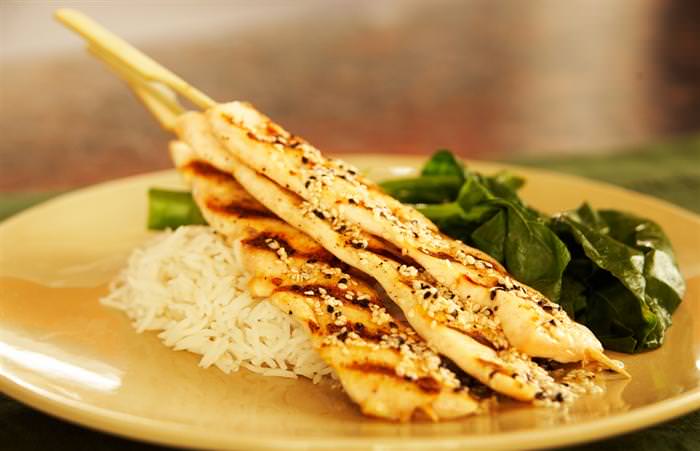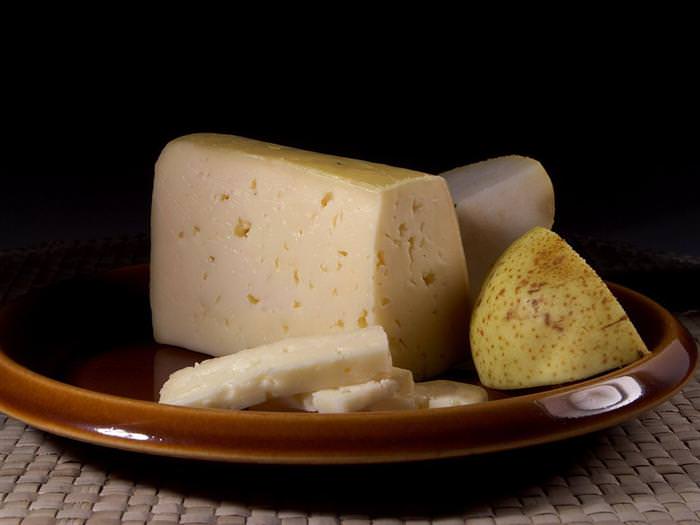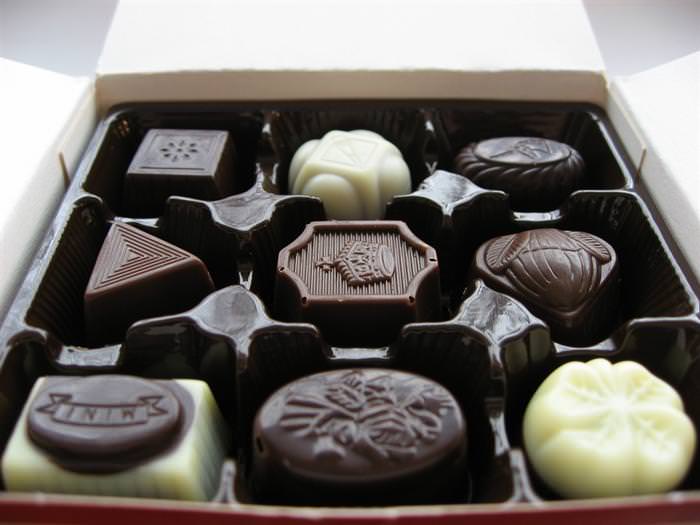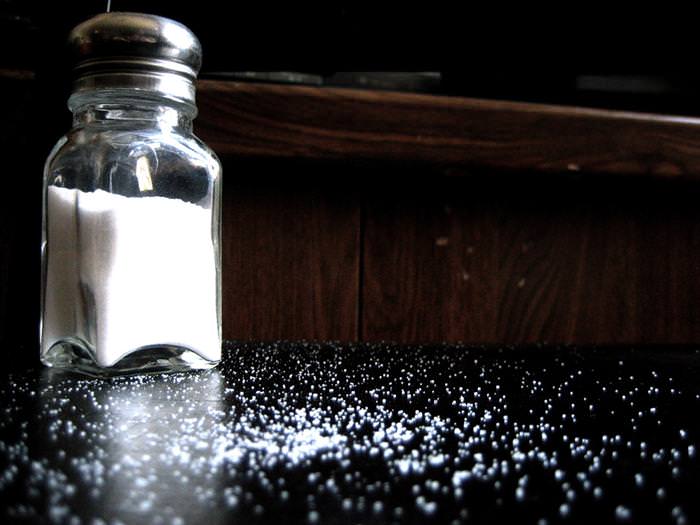Some of us are only finding out now
what the Asian Indians, the American Indians and the Chinese knew a long
time ago - that one of the most amazing medicinal herbs is no rare
plant or an artificially created compound. One of the most effective
natural ingredients is actually a common herb - the turmeric.
Or, more exactly, its active ingredient - Curcumin.
The percentage of Curcumin is very low in the Turmeric plant, and so it
needs to be either digested for a very long time, or one can take
curcumin pills, that hold a high percentage of Curcumin, to treat a
variety of problems.
The turmeric is a shrub with large
and wide leaves, that envelope it and hide the flowers in its center. It
mainly grows in south-east Asia, where it has been used as a cooking
and medicinal herb for thousands of years. It is the herb that gives the
traditional Indian dish, the Curry, its typical yellow color and strong
taste.
The Curcumin hides behind its familiar exterior many upon many medicinal properties
- it strengthens the immune system, delays (and may even prevent)
alzheimer's disease, prevents neuron death, strengthens the cells, is an
antioxidant, is an anti-inflammatory, helps keep sugar levels, helps
the digestive system, reduces the risk of stroke and heart disease and
most importantly - Is a great ally in the war against cancer, delays its
spread and stabilizes patient condition.
Only recently, after a sequence of successful experiments, has modern science discovered the potential of the Curcumin.
It started in 2005 with a research
into Alzheimer's disease, where it was found that taking Curcumin
prevented the outbreak of Multiple sclerosis and
 cystic fibrosis in mice. This interested the scientific community, and
other research was made, with astonishing results: For many patients,
the curcumin delayed the onset of cancer cells and even stabilized the
condition of patients with aggressive cancer cells.
cystic fibrosis in mice. This interested the scientific community, and
other research was made, with astonishing results: For many patients,
the curcumin delayed the onset of cancer cells and even stabilized the
condition of patients with aggressive cancer cells.
In the last 7 years, over 20
different experiments were made about the influence of Curcumin, and
the scientific world was flabbergasted:
Delays and stabilizes the spread of cancer
Curcumin slows the spread of cancer
cells in that it goes against their replication process and strengthens
the protection of cell membranes.
Is a substance with strong antioxidant effects
Curcumin, because of the shape of
its molecule, is very effective in preventing the oxidation processes
and activity of free radicals in the body (Anti-Oxidant), and thus slows
the damage to our body cells and contributes to slowing the aging of
skin cells.
Increases the effectiveness of chemotherapy
Curcumin is especially effective in
combination with chemotherapy, and although an antioxidant, encourages
the process and increases its efficiency.
Delays and reduces the chance of deterioration of the brain in adults
Curcumin helps the brain activity of
older people, and may slow the cognitive decline by 49%. Even the
occasional consumption of curry, the popular Indian dish that contains
curcumin, reduces the risk of mental decline by up to 38% (American
Journal of Epidemiology).
Is anti-inflammatory and fights arthritis
Curcumin, when given as an essence
by injection, fights inflammatory diseases and in fact is an
anti-inflammatory in general, and is particularly effective in aiding
the body to fight arthritis. Studies have shown that cartilage
destruction in mice that were given the extract was reduced by 66%, and
bone destruction in patients who received the extract by 57%.
Helps maintain a healthy heart and helps a sick heart return to action
Researchers in Canada found out that
curcumin also reduces the risk of heart failure, as it helps the heart
to return to normal and reduces the spread of scar tissue.
Anti-diabetic activity and reduces the risk of disease
In 2008 it was discovered that
Curcumin also encourages the activity of liver enzymes that convert
glucose carbohydrates, and creates anti-inflammatory activity that is
required by people with a high fat content. The researchers suggest that
consumption of small doses of curcumin daily is a great natural booster
to traditional treatment, and significantly lowers the risk of diabetes
in people who are overweight.
Fights cell death and the death of brain cells killed by Alzheimer's disease
Curcumin may protect against
Alzheimer's disease, and inhibits and prevents cell death caused by the
disease. In India, where curry with curcumin eat regularly, Alzheimer's
disease is much rarer than in other countries.
Increases and strengthens the immune system
In 2009 researchers at the
University of Michigan found that curcumin strengthens our cell
membranes and thus increases the resistance against foreign infections
entering the body. Perhaps this is one reason why curcumin fights cancer
so well.
Reduces the risk of stroke, strengthens the body's blood vessels and lowers blood pressure
Researchers realized that curcumin
slows the body's blood clotting activity, which causes a decreased risk
of blood clots and strokes. Also, since curcumin enhances the blood
cells, contributes to the strength of a body's blood vessels, lowers
blood cholesterol concentration and fight infections, it actually lowers
blood pressure.
Helps in digestion and absorption of nutrients
Curcumin fights harmful bacteria and
thus facilitates digestion and reduces the risk of bacterial infection.
Curcumin also reduces the accumulation of gas in the intestines,
thereby preventing abdominal pain and swelling.
How to take it?


 cystic fibrosis in mice. This interested the scientific community, and
other research was made, with astonishing results: For many patients,
the curcumin delayed the onset of cancer cells and even stabilized the
condition of patients with aggressive cancer cells.
cystic fibrosis in mice. This interested the scientific community, and
other research was made, with astonishing results: For many patients,
the curcumin delayed the onset of cancer cells and even stabilized the
condition of patients with aggressive cancer cells.
